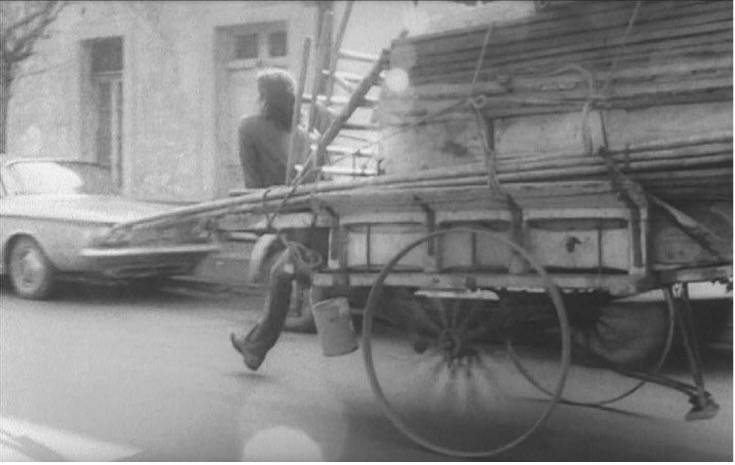This presentation revisited a masterwork of documentary cinema, "The Battle of Chile" (Patricio Guzmán, Chile, 1975-79). The film depicts a shifting political landscape in which different social forces (parties, unions, bosses’ organizations, neighborhood associations, student groups, etc.) vie for power in the six-month run-up to the 1973 coup that overthrew the democratic socialist president of Chile, Salvador Allende. Reflecting on the representation of social forces as a problem for film form, the presentation examined two key formal elements of the three-part film: the long sequences of street demonstrations and the numerous person-on-the-street interviews. That a social force would be imagined as a protesting crowd in film is not so surprising. But that a film largely about the collective actions of groups should rely so heavily on the testimonies of anonymous individuals is surprising. Indeed, Guzmán’s exploration of the power and reliability of the person-on-the-street interview is one of the unique features of the film’s political project. In the presentation, Salome Akvirsky argued that the tension between the long-shot images of crowds and the close-up, spontaneous interviews with people on the street make "The Battle of Chile" a productive case study for thinking about the representation of historical change on film.
Salome Aguilera Skvirsky is an Assistant Professor in the Cinema and Media Studies Department at the University of Chicago. Her main research interests are in Latin American cinema and media, documentary cinema and media, cinema and labor, and race and representation. Her first book, "The Process Genre: Cinema and the Aesthetics of Labor," was published in March 2020 by Duke University Press. She is currently working on two book-length projects—one about the talking head, and one tentatively titled “Filming the Police,” about police on screens.


